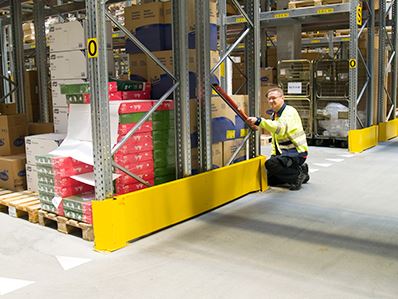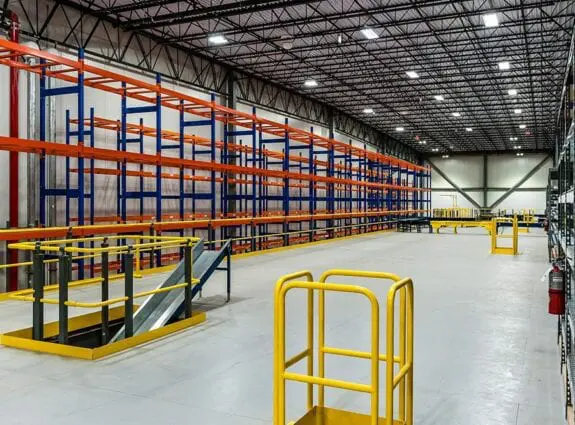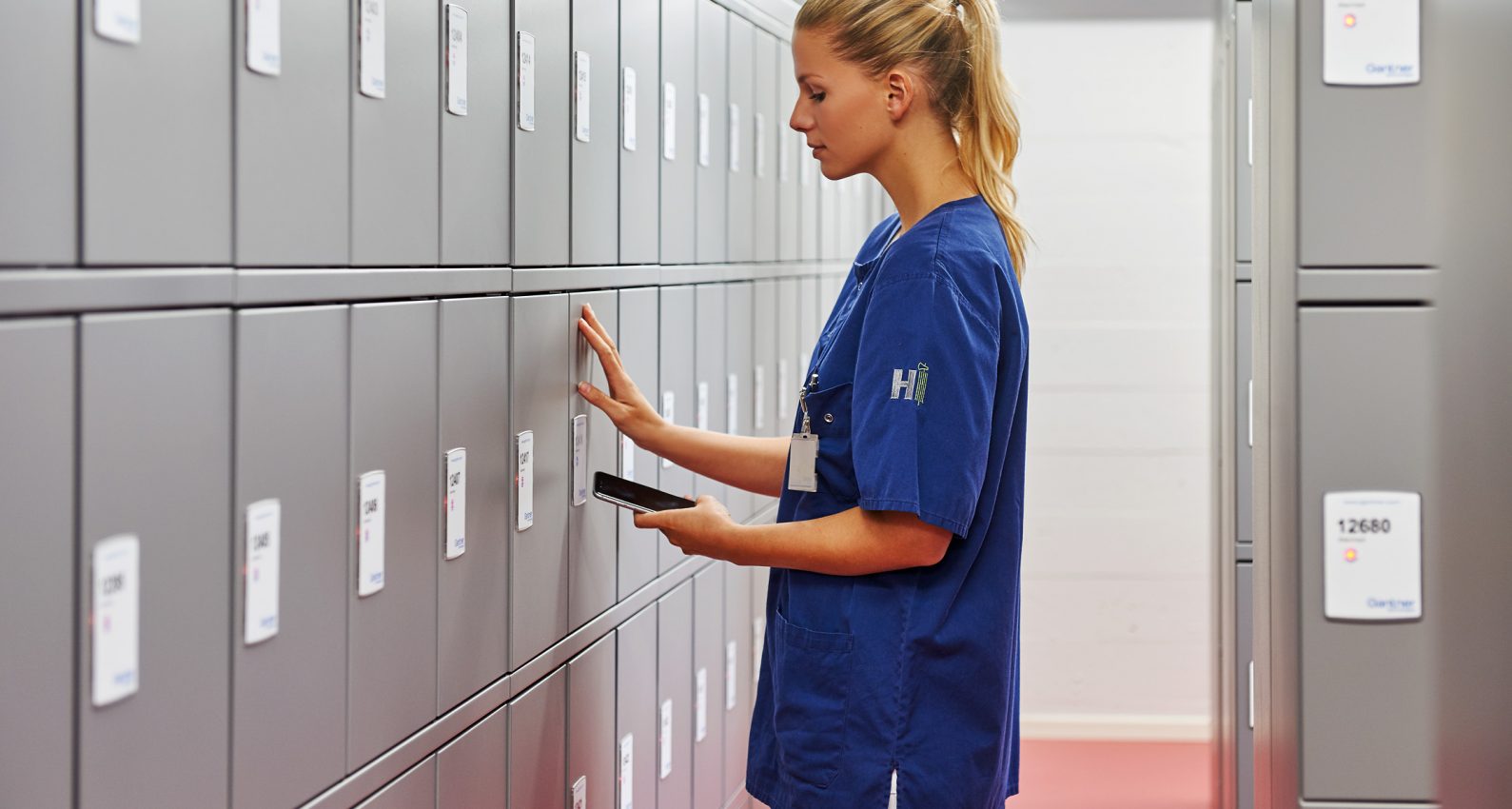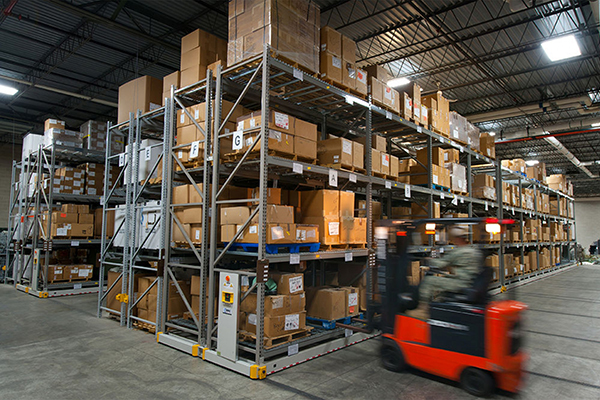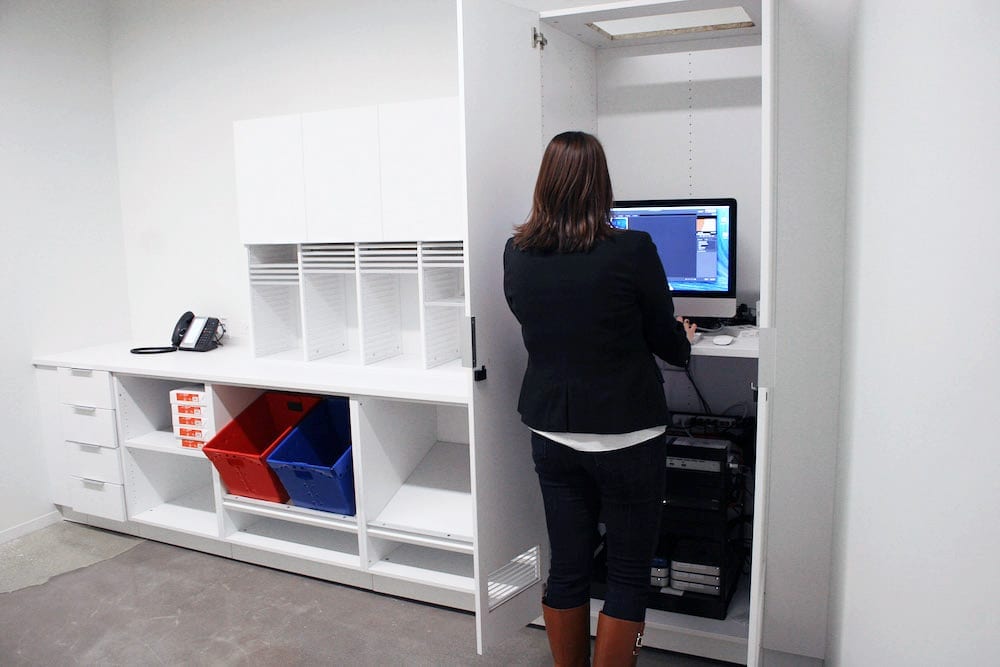
In today’s world, businesses are increasingly recognizing the significance of adopting sustainable practices to minimize their environmental footprint. One crucial aspect of this shift towards a greener future is the implementation of eco-friendly storage solutions. By integrating renewable energy sources, utilizing sustainable materials, and promoting efficient energy use in storage facilities, companies can not only reduce their carbon emissions but also contribute positively to the environment. From using biodegradable packing peanuts to investing in solar panels for energy efficiency, there are numerous practical tips that organizations can incorporate to align with eco-friendly practices. This article delves into the importance of eco-friendly storage methods and the benefits they offer for a more sustainable workplace.
Understanding the Importance of Eco-Friendly Storage Solutions
Eco-friendly storage solutions play a significant role in reducing the environmental footprint of workplaces. By opting for sustainable materials and practices, businesses can minimize their carbon emissions and overall impact on the environment. Understanding the importance of eco-friendly storage solutions involves recognizing the detrimental effects of traditional storage methods on the environment. By embracing renewable energy sources and utilizing biodegradable materials, companies can contribute to creating a more sustainable future. Implementing eco-friendly storage practices is not only beneficial for the planet but also for fostering a greener corporate image and promoting a culture of environmental responsibility within the organization.
The Impact of Traditional Storage on the Environment
Traditional storage methods often contribute significantly to environmental harm. The excessive use of non-biodegradable materials like plastic crates and harmful chemicals in storage containers increases our carbon footprint. These practices not only result in higher energy consumption and carbon emissions but also lead to more waste generation. Additionally, the production and disposal of items like plastic wraps and cardboard boxes further exacerbate environmental issues. The use of unsustainable materials not only harms the environment but also impacts our overall sustainability efforts, emphasizing the critical need to transition towards greener storage options to reduce the negative impact on our planet.
Benefits of Sustainable Storage Practices in the Workplace
Sustainable storage practices in the workplace offer numerous advantages. By utilizing biodegradable packing materials and reusable containers, companies can significantly reduce their environmental footprint. Implementing these eco-friendly solutions not only lowers carbon emissions but also promotes a greener future. Moreover, choosing sustainable materials often leads to financial benefits in the long run. Companies can enhance their corporate responsibility by minimizing energy consumption and waste generation through such practices. Additionally, opting for renewable energy sources to power storage facilities can further decrease the carbon footprint of operations. Embracing sustainable storage practices not only positively impacts the environment but also showcases a commitment to efficient and responsible business operations.
Identifying Sustainable Materials for Office Storage
As businesses transition towards eco-conscious practices, identifying sustainable materials for office storage plays a pivotal role in reducing environmental impact. Embracing biodegradable packing peanuts and reusable packing materials not only minimizes waste but also promotes a circular economy. Evaluating the lifecycle of sustainable materials ensures longevity and efficiency in storage solutions, aligning with a company’s commitment to sustainability. By opting for renewable energy sources and materials like cardboard boxes or plastic crates, organizations can significantly lower their carbon footprint. Making informed choices in selecting sustainable materials for office storage sets the foundation for a greener future and underscores a company’s dedication to environmental stewardship.
Recycled and Biodegradable Materials for Storage Units
When considering eco-friendly storage solutions, opting for recycled and biodegradable materials for storage units can significantly reduce your environmental footprint. By utilizing materials that have been repurposed or can naturally decompose, you contribute to a more sustainable future. These materials not only help in minimizing the harmful impact on the environment but also promote the circular economy by reusing resources effectively. From cardboard boxes made from recycled paper to biodegradable packing peanuts, incorporating these sustainable options into your storage practices can lead to a greener future with a positive impact on the planet.
Evaluating the Lifecycle of Sustainable Storage Materials
Evaluating the lifecycle of sustainable storage materials is crucial to ensure their long-term environmental impact. By considering the entire lifecycle of a material, from production to disposal, businesses can make informed decisions about their storage practices. A comprehensive evaluation includes factors such as the use of renewable energy sources in the production process, the recyclability of the material, and its contribution to a circular economy.
A text table can be used to illustrate the lifecycle evaluation of sustainable storage materials, including the stages of production, use, and disposal, as well as the environmental impact at each stage.
Energy-Efficient Storage Solutions and Practices
Reducing energy consumption in storage is crucial for sustainability. Opt for renewable energy sources to power storage facilities, such as solar panels or wind turbines, lowering carbon emissions. Choose energy-efficient storage containers like biodegradable packing peanuts or reusable materials to minimize environmental impact. Implementing a circular economy approach with cardboard boxes or plastic crates reduces the carbon footprint. Conduct an energy audit to identify areas for improvement and cut down on energy bills. Embracing energy-efficient practices not only benefits the environment but also leads to financial savings in the long run. Transitioning to energy-efficient storage solutions is a fundamental step towards a greener future.
Implementing Solar-Powered Storage Systems
Implementing solar-powered storage systems can significantly reduce a company’s carbon footprint while also cutting down on energy bills. By harnessing renewable energy sources such as solar panels, businesses can embrace more sustainable practices and contribute to a greener future. Solar-powered storage solutions not only lessen energy consumption but also promote environmentally friendly practices within the workplace. These systems offer a reliable way to store goods efficiently while using less energy in the process. By integrating solar-powered storage systems, companies take a step towards minimizing their environmental impact and paving the way for a more sustainable future.
Smart Systems for Minimizing Energy Use in Storage Solutions
Implementing smart systems in storage solutions is crucial for reducing energy consumption. By incorporating renewable energy sources like solar panels or wind turbines, storage facilities can significantly decrease their carbon footprint. Utilizing energy-efficient technologies such as LED lighting and motion sensors can further optimize energy use. Implementing these sustainable practices not only reduces operational costs but also contributes to a greener future. Monitoring energy consumption through regular audits ensures continuous improvement in energy efficiency. Embracing smart systems in storage solutions is a proactive step towards a more sustainable workplace with a minimized environmental impact.
Minimalist Designs for a Clutter-Free and Eco-Friendly Office
Minimalist designs in office spaces offer a clutter-free environment while aligning with eco-friendly principles. By utilizing sustainable materials such as biodegradable packing peanuts and reusable packing materials, offices can reduce their environmental footprint. Opting for renewable energy sources like solar panels or wind turbines further enhances the eco-consciousness of the workspace. These design choices not only contribute to a more sustainable future but also promote a greener environment for employees. Implementing minimalist designs not only declutters the office but also decreases energy consumption and encourages responsible resource management. Embracing this approach can lead to a significant reduction in the office’s overall carbon footprint, fostering a more environmentally conscious workplace.
How Minimalism Contributes to Sustainability
Minimalism plays a crucial role in sustainability by promoting conscious consumption and reducing waste. Embracing minimalism leads to a decrease in the demand for unnecessary products, thereby lowering carbon emissions and environmental impact. By prioritizing quality over quantity and focusing on essential possessions, individuals can contribute to a greener future. Minimalism encourages thoughtful decision-making, cultivating a mindset of environmental responsibility. It also aligns with sustainable practices such as using renewable materials and minimizing energy consumption. In essence, adopting a minimalist approach not only declutters spaces but also minimizes one’s carbon footprint, making it an effective strategy in fostering a more sustainable lifestyle.
Practical Tips for Adopting Minimalist Storage Solutions
When embracing minimalist storage solutions, opt for reusable packing materials like cardboard boxes over single-use plastic wraps. Choose biodegradable packing peanuts to lessen your environmental footprint. Consider decluttering regularly to eliminate unnecessary items and reduce storage needs. Maximize space efficiency by utilizing storage containers and plastic crates effectively. Embrace sustainable practices by donating unwanted items to local businesses or charities, promoting a circular economy. Incorporate renewable energy sources like solar panels or wind turbines to power storage facilities and reduce energy consumption. Prioritize practicality over excess when selecting new materials for storage units, aiming for a greener future with less energy use.
Promoting Corporate Responsibility Through Sustainable Storage
Engaging with employees in sustainable practices fosters a culture of environmental responsibility within the workplace. By encouraging the use of sustainable materials and practices in storage solutions, companies can significantly reduce their environmental footprint. Leaders play a crucial role in driving eco-friendly initiatives and promoting corporate responsibility. Implementing sustainable storage not only benefits the planet but also reflects positively on the company’s values, attracting environmentally conscious customers and employees. Encouraging the adoption of eco-friendly storage practices contributes to a greener future and aligns with the principles of a circular economy. In today’s world, promoting corporate responsibility through sustainable storage is a key step towards building a more sustainable and environmentally conscious business.
Engaging Employees in Sustainable Practices
Encouraging employee involvement in eco-friendly initiatives fosters a culture of sustainability within the workplace. Engage staff through interactive workshops highlighting the benefits of sustainable practices. Implement a recognition program to celebrate employees making notable contributions towards reducing the company’s environmental footprint. Encourage the team to share ideas on how to further promote sustainability in daily operations. Consider forming a dedicated “Green Team” responsible for championing eco-friendly initiatives and organizing community outreach programs to raise awareness. By involving employees in sustainable practices, businesses can cultivate a sense of collective responsibility towards creating a greener future.
The Role of Leadership in Driving Eco-Friendly Initiatives
Effective leadership plays a pivotal role in spearheading eco-friendly initiatives within an organization. By championing sustainability practices, leaders set the tone for prioritizing environmental concerns and fostering a culture of responsibility. Encouraging sustainable behaviors, such as reducing waste and promoting energy efficiency, can significantly reduce the company’s carbon footprint. Leadership involvement in decision-making processes regarding eco-friendly storage solutions ensures that sustainability remains a core value in the organization. Executives can influence strategic choices, such as adopting renewable energy sources or implementing sustainable materials in storage solutions, leading the way towards a greener future for the workplace and the broader community.
Conclusion
Transitioning to eco-friendly storage solutions is not only a practical step towards a more sustainable future but also a demonstration of corporate responsibility. By reducing our environmental footprint through sustainable practices and materials like biodegradable packing peanuts and renewable energy sources, we can positively impact our surroundings. Engaging employees in eco-friendly initiatives, supported by leadership guidance, can lead to a greener future for all. Embracing minimalist designs and reusable packing materials not only benefits the environment by lowering carbon emissions but also brings financial rewards through reduced energy bills. Together, by incorporating eco-friendly storage options and promoting a circular economy, we can pave the way for a more environmentally conscious tomorrow.

